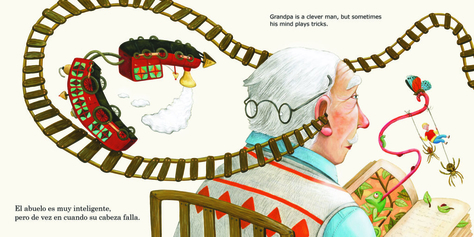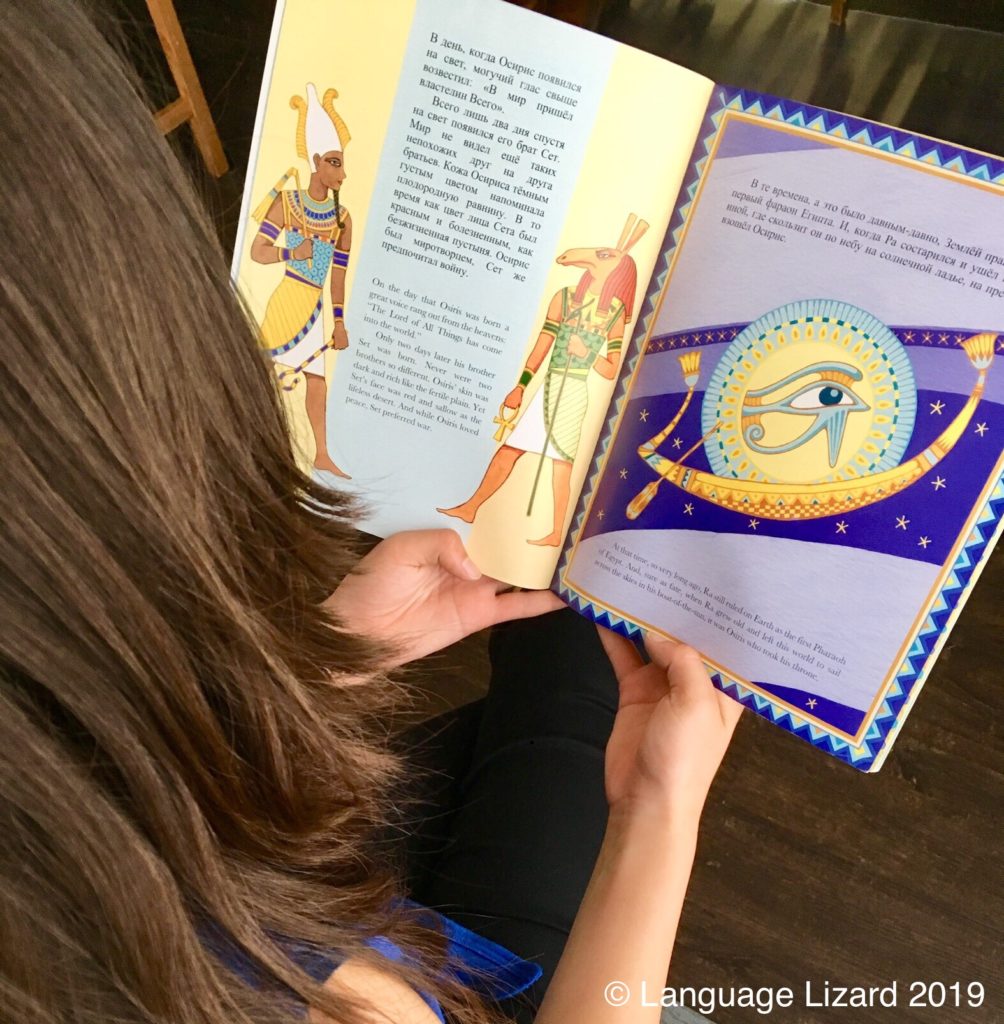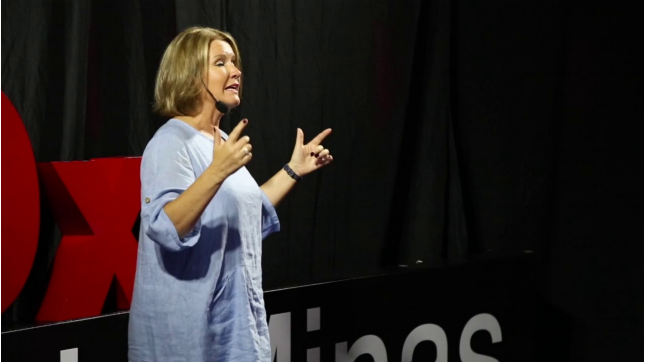
Guest post by Veerle Ponnet
Understanding the neuroscience and psychology of the learner is vital to successful learning and teaching. And Shhhhhh! here’s a secret… It’s not what we teach, but what YOU LEARN that counts…
The brain is the most complex part of our human body and even though it is the most important organ in our body, we don’t usually know very much about it. Understanding some of the changes that occur in our brains as we learn, will help us to teach and learn more effectively.
What is neuroeducation and where does it come from?
Neuroeducation is where neuroscience, psychology and education come together … and that knowledge is used to improve teaching & learning.
In the last decades, we have started to look at education from a different point of view: from teaching to learning. We have now realised that we cannot simply open our heads and put the knowledge inside.
Education is about boosting our learning processes, and neuroscience is about understanding the intellectual growth involved in learning. This shared field of interest suggests a future in which education can be transformed by science. In other words, we use what scientists have learnt about how the brain functions to enhance our learning
experience… To learn quicker, faster and more effectively.
What happens in our brains when we learn new things?

Our brain contains around 86 billions of neurons that create complex neural networks that connect, unconnect and reconnect as we learn, unlearn, and relearn. The first time we try something new our neurons have a weak connection, those neurons haven’t learnt to talk to each other effectively yet. After a lot of repetition, these same neurons build a strong connection – they wire together. When one neuron fires, the other neurons fire, automatically. Hebb first mentioned it around 1940: Neurons that fire together wire together!
Here’s a way to look at it from a more familiar angle: imagine that you are visiting a new city and you have to take the underground to get somewhere for the very first time.
You are nervous, you don’t know where to go to… You’ll be looking at your map all the time! Where do I go to? Where do I have to change
lines? Is it the yellow line? Then the green one? Then the black one? You might make mistakes that first time, you may even get lost… You may even arrive somewhere different than where you actually wanted to go…
Now picture yourself in that same city, but you’ve been living there for a few years. You take the underground every day to go to work. It’s a whole different story this time! You know exactly where to go. You don’t need to look at the map. That map has long been engraved in your brain cells! You may even read, chat to a friend, or take a power nap
between stops and you’ll still know how to get to your destination.
And that is exactly how the brain works… by repeating something over and over again, those dirt track neural networks have now become highways with fast connections!
If we apply this to language learning, it suddenly becomes very easy and obvious. We all like to watch a nice movie right? If neuroscience tells us that the repetition of content activates certain areas of the brain responsible for processing and storing information, how can Netflix help us to learn languages? Tell your students to try this one: watch a movie with subtitles in your home language, then watch it again with subtitles in your second language, and finally watch it one more time without subtitles. Et voilà … they have just been studying a foreign language using the insights from educational neuroscience! You can follow a similar process with bilingual books: Read the book first in the home language, then in the second language while looking also at the home language text, and then in the second language only.
The brain loves to learn – basically, that’s its job. Our brains are continuously changing, restructuring and learning. They are a ‘Work In Progress’!
Every night, as we go to sleep, it is with a brain that has changed as a result of new input and when we wake up the next morning, with new consolidated memories, more learning awaits us. Happy days!
Yours in LifeLong Learning,
Veerle
VMMPonnet2020 3
Veerle Ponnet
Neuro-Educator | TEDx Speaker | www.linkedin.com/in/veerle-ponnet
English/Spanish/Dutch/German/French
My Life Task: Promote a growth mindset & empower people to see the positive potential for growth in both themselves and others.

Veerle studied at Oxford University’s Said Business School Executive Leadership Programme and has an MA in Educational Neuroscience and in Applied Linguistics to Teaching English as a Foreign Language. She is also a Neurolanguage Coach and Life Coach. Her life task is to promote a growth mindset and empower people to see the positive potential for growth in both themselves and others.

